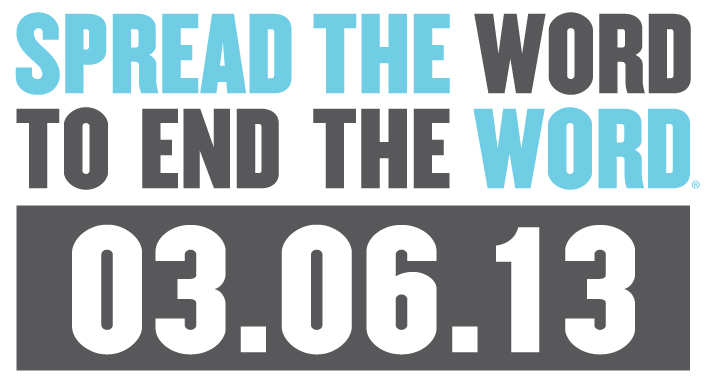
Today is March 6, 2013 the Spread the Word to End the R-Word day! What is the R-Word, you ask? You've probably heard it before, it is the word "retard" which also takes on other various forms such as "tard" or "retarded". It is often used without thought in everyday lexicon by individuals seeking to seem self-deprecating as in, "Oh, I am so retarded." I am a child of the 80's/90's. I used to use the word without a second thought. It was a slang word. A term I never really thought about. A word I never realized might have consequences. A word I did not have the good sense to understand might hurt someone else's feelings or make them feel small or even invisible.
Oh. And then I grew up. I had a son with Down syndrome. I learned more about disabilities and fighting to be heard than I had ever imagined. I learned that this one word has an incredible amount of power, connotations, associations and variations (ever heard of a "fucktard"-- one of the most disgusting words I have ever heard) that are all negative. There is no longer a single positive connotation with the word "retard" in our society. We have twisted it, given it a life and released it in all of its hate and ignorance.
What those who want so desperately to hang on to using this word (hello movies like "Killing Them Softly", tv shows like "Veep" and political commentators like Ann Coulter) do not understand is that while it may seem like just a word, it is actually a mind set. It is a culture of intolerance and dismissal that removes value from people's lives. People like Joey.
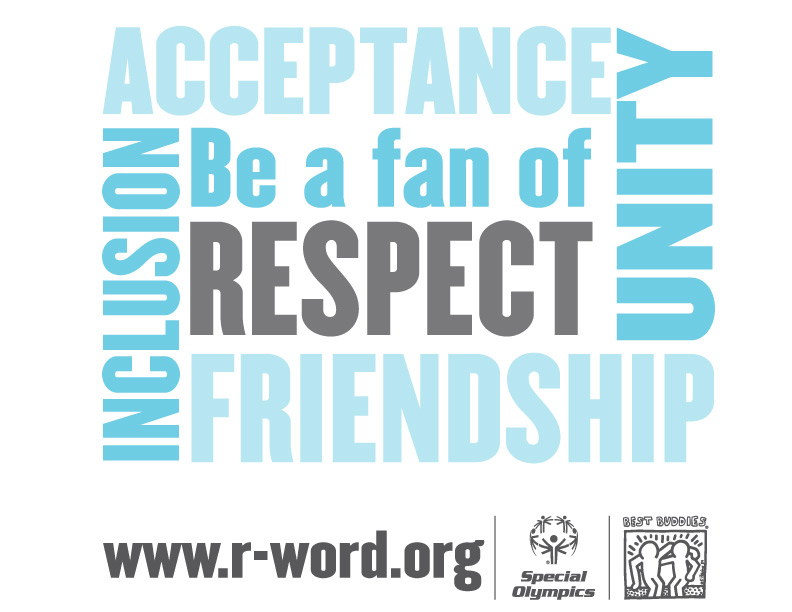
Why the R-Word Hurts Super Joe
Joey’s is not considered “verbal” just yet. He isn’t exactly “non-verbal”, but he is
definitely behind “typical” progress when it comes to language and speaking
skills. Now this is certainly not to say that because he is non-verbal that he
doesn’t communicate. In fact, unlike
many of us, Joey is learning two languages. He is learning and using American
Sign Language as well as English.
What I want people to know on this national day of trying to
spread awareness and trying to put an end to that horrible R-word, is that
while Joey and others with disabilities might not speak as fast as you or might
not speak at all, they hear. And even if they have hearing loss like Joey does
or even if they are deaf, they hear. They communicate. They understand. We talk
about this often in his speech therapy. Joey may not speak yet, but he does
communicate and communication is so much more than just words coming out of our
mouths.
We communicate with our eyes. We communicate with our
gestures. We communicate with our bodies in the way we might turn away from
someone who we view as not as valuable.
Ending the R-word is just one step toward helping individuals with
disabilities find a voice and be heard in ways other than just language. It
will require a definitive shift-- a shift in our attitudes and how we perceive people. A shift in how we assign value to individuals.
I was at a breakfast today for an incredible organization called
Child Guidance and Family Solutions here in Akron. One of the speakers was a young man in high
school who moved to America from Mexico. He does not have Down syndrome or any
other developmental disability, but when he moved to Akron he was bullied at
school. What he said today spoke so loudly to me for this very cause. He said
that while he didn't necessarily understand what the bullies were saying
(because they said it in English and at the time he was still learning to speak
English), he knew what they meant. He did not know the exact words,
but their eyes, their bodies and their attitudes directly expressed what they
wanted to get across.
I honestly think people use the R-word for 3 reasons.
1. It is a bad habit. They have no ill-will, but do not give it a
second thought.
2. They don’t think
it hurts anyone.
3. They don’t think the people who have been classified as “retarded”
due to developmental, physical or mental delays understand what the word means.
For our family, the word hurts for different reasons. The
biggest reason it hurts is that I have two sons who I want to protect from the
word for different reasons. For Tommy, I don’t want him to feel the pain I do
when I hear the word used and I don’t want him to ever think that his brother
is “retarded”. For Joey, who has faced enough in his short life for any of us,
I don’t ever want him to feel like less of a person or less of a human because
of this derogatory word. The fact is that someday very soon Joey will
completely understand what the word “retarded” means and he will know when
someone is using it that they are slamming individuals with disabilities.
As a mom I have had many, many situations in which the
R-word comes up. Often I try to casually say, “Ohhhh—we don’t like that word
very much!” Some days I don’t have the
fortitude or courage or strength to say anything at all. Some days if a friend
or an acquaintance says it I just say a little prayer in my heart because my
stomach hurts so bad and is stuck somewhere in my throat and I just can’t
squeeze the words out because I don’t want them to feel bad or awkward. It’s
tough. It’s hard. I’m not going to lie. I’m not going to sugarcoat it. I strive
to be an advocate and an educator, but there are times where I simply don’t
have the fortitude and I’m embarrassed to say this, but it’s true.
Back two or three Occupational Therapists ago (we seem to go
through them like water—it’s like that old U2 song, “But I Still Haven’t Found
What I’m Looking For”), we had a situation in which our OT said during a
therapy session that her bathtub was just “so retarded”. I waited until the other therapist left the
room (it was a double therapy day) and I said to her, “I just wanted to say
something or else I would spend the rest of the day really upset. A couple of minutes ago you used the word ‘retarded’
and I really don’t like that word and I especially don’t like it used around
Joey.”
Her response was, “No, I didn’t.” That’s when things got really awkward.
I said, “Yes, you did. I know you didn’t mean it towards him, but I want
therapy to be a safe environment where those kinds of words aren’t used in
front of Joey.” Her response was still denial and then it became a little
condescending in that she started saying that Joey was a really smart little
boy and that he keep getting smarter. I tried to move past the encounter and we
had about 2 more incredibly awkward therapy sessions and then we decided to
find a new OT.
We spent about 6 months with another OT and then in January
started seeing another OT (our 6th? 7th? I honestly can’t
keep track anymore). The new OT had made
some comments, you know, the usual “Downs kids” kind of generalizations that
had set off some red flags. I was trying to be open-minded and willing to see
past some vernacular differences until our last session. I don’t know if she
was tired or having a bad day, but the session went horribly. She was not
directing Joey in any manner. She was acting very dismissive and negative. Then
she said to me, Joey’s mom, in front of Joey who will be 3 in August, “You know
it’s cute when these Downs kids are stubborn when there are 2 or 3 years old,
but it’s not so cute when these Downs kids are this stubborn at 8 or 9 years
old.”
Um, okay.
I can’t and don’t expect every person Joey works with or
sees in the medical field to use inclusive and person first language every
single time we see them. In a perfect
world they would, but I honestly have learned to accept that not everyone will
every single time. However, what I
insist on and will continue to demand is that Joey’s service providers,
doctors, nurses and therapists (most of which do an AMAZING job!!!) speak in
front of him as if he can understand every single word that comes out of their
mouths. Because here’s the deal, did Joey understand exactly what his former OT
said about him? No. Did he sense her attitude towards him, her body language
and her spirit—you bet he did. At this point, as his speech therapist has told
us, he understands much more of what we say than we think he can.
As John Franklin Stephens, a Special Olympics athlete and
Global Messenger who has Down syndrome wrote for Parents.com:
People still ask me about what is so wrong with
using the R-word. I can only say what it means to people like me when we hear
it. It means that the rest of you are excluding us from the group we want to be
part of. That’s the hardest thing--the loneliness. We process information
slower than you do, so even keeping up in a normal conversation is a constant
battle for us. We are aware when you stop and just look at us while we are
trying to catch up. We are aware when you just say “uh-huh,” and then move on, talking
to each other. You mean no harm, but you have no idea how alone we can feel,
even when we are with you.
Our son can’t yet stick up for himself or tell others that
he doesn't like being marginalized, but here is one of the best videos I have
seen that shares three teenagers with Down syndrome and how the R-word makes
them feel.
Do I believe in freedom of speech? Absolutely. I also believe in human decency and that how
we treat others who have disabilities or who are different from us tells far
more about us than anything else we do in our lives.
I hope you will take the pledge to Spread the Word to End the Word.
I hope you will consider what your words and actions mean to
individuals like Joey.
I hope you will consider not using the R-word and I hope you
won’t use it in front of my boys or your children.
Some excellent posts on the power of the R-word:









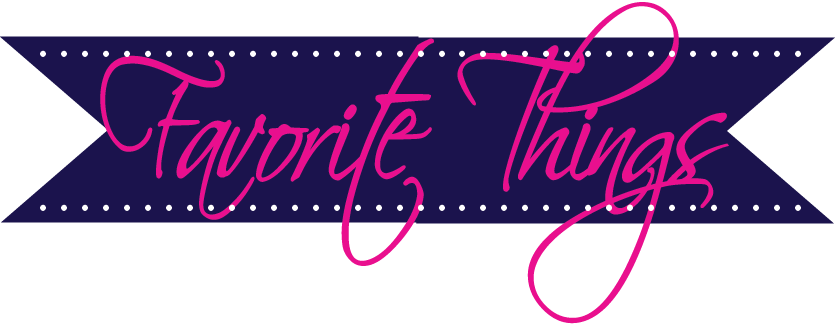



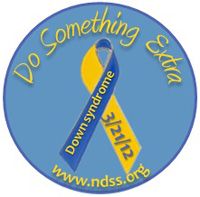

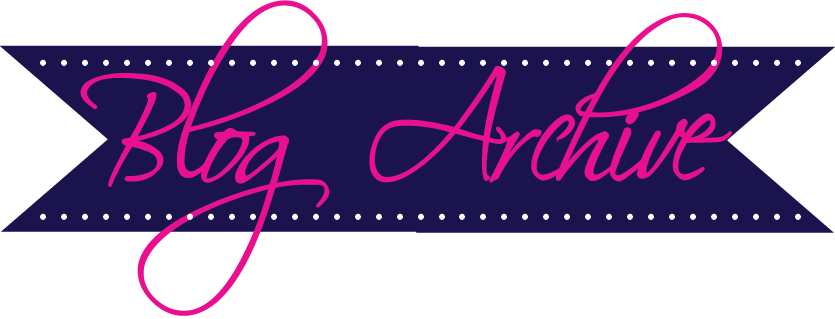









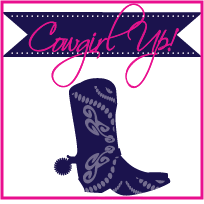

Another amazing, insightful, powerful post! You truly are a talented writer. You all have had some really interesting OT experiences and I am sorry for that. The hardest for me is to hear close friends or family say the r-word. Fortunately, all but one has modified their language. . . I think you are correct that most people are not meaning our kids and it is out of habit, BUT it is our job now as our children's advocates to educate when possible and you are doing a great job in advocating for Joey!
ReplyDeleteAmazingly written Jen!
ReplyDelete